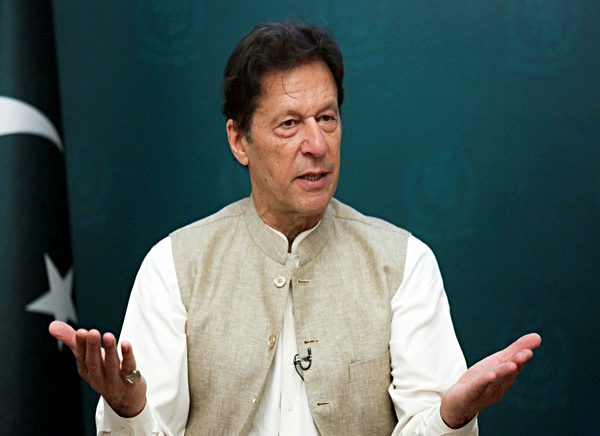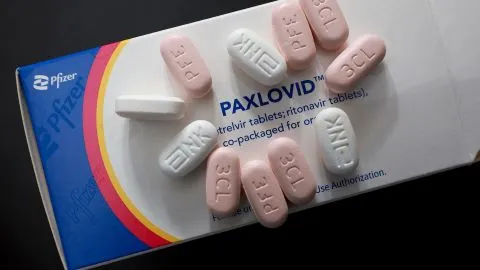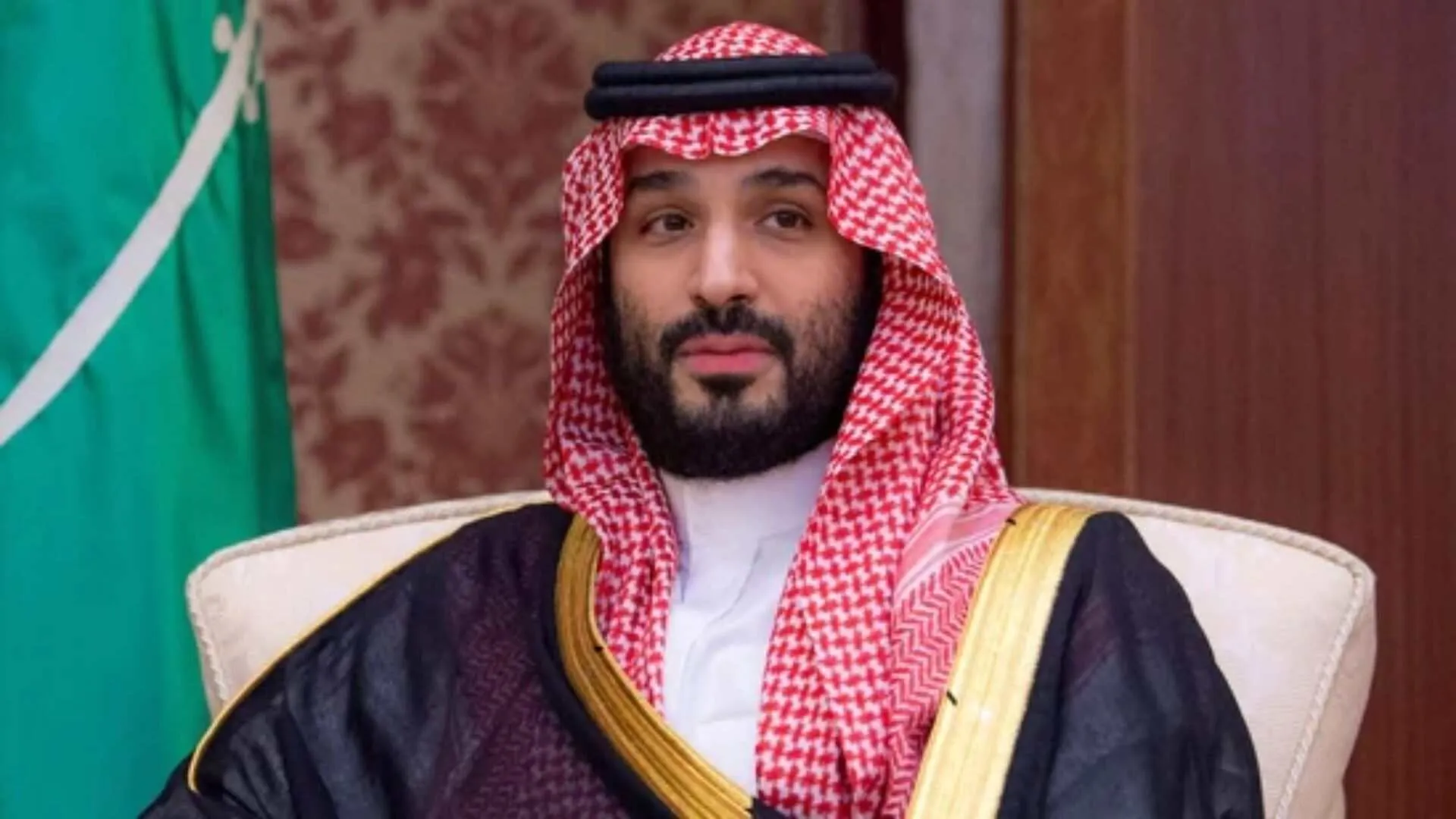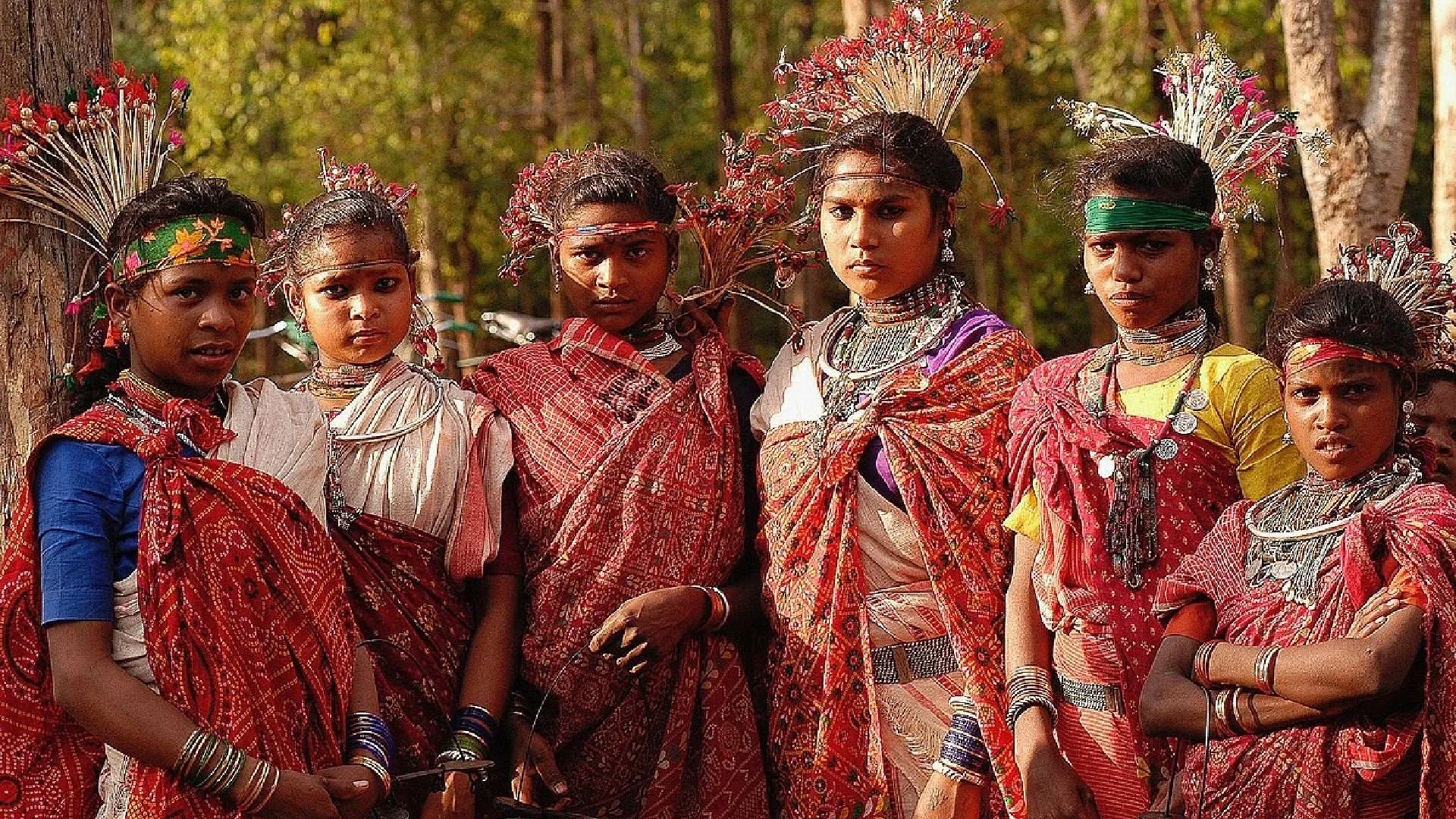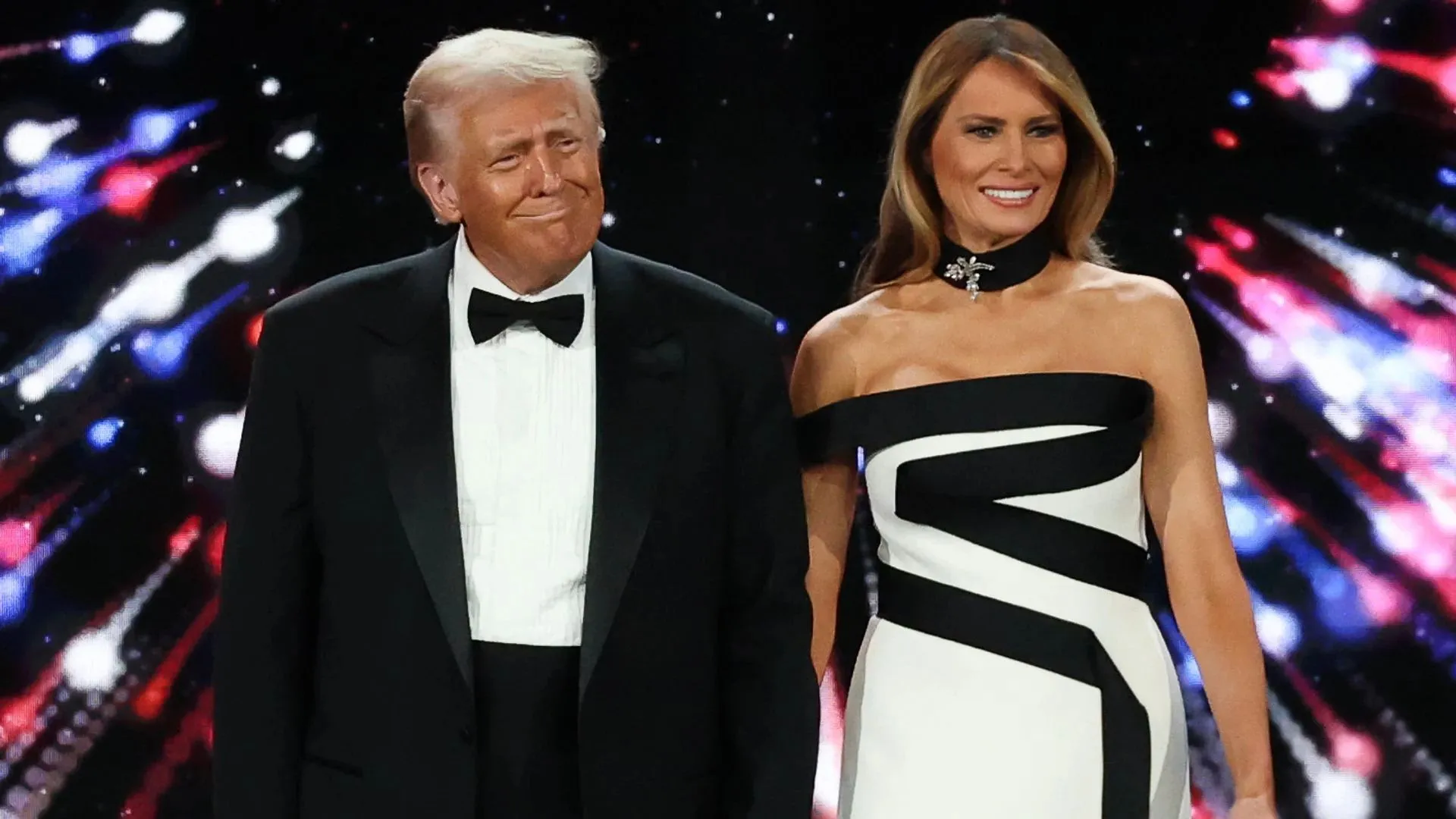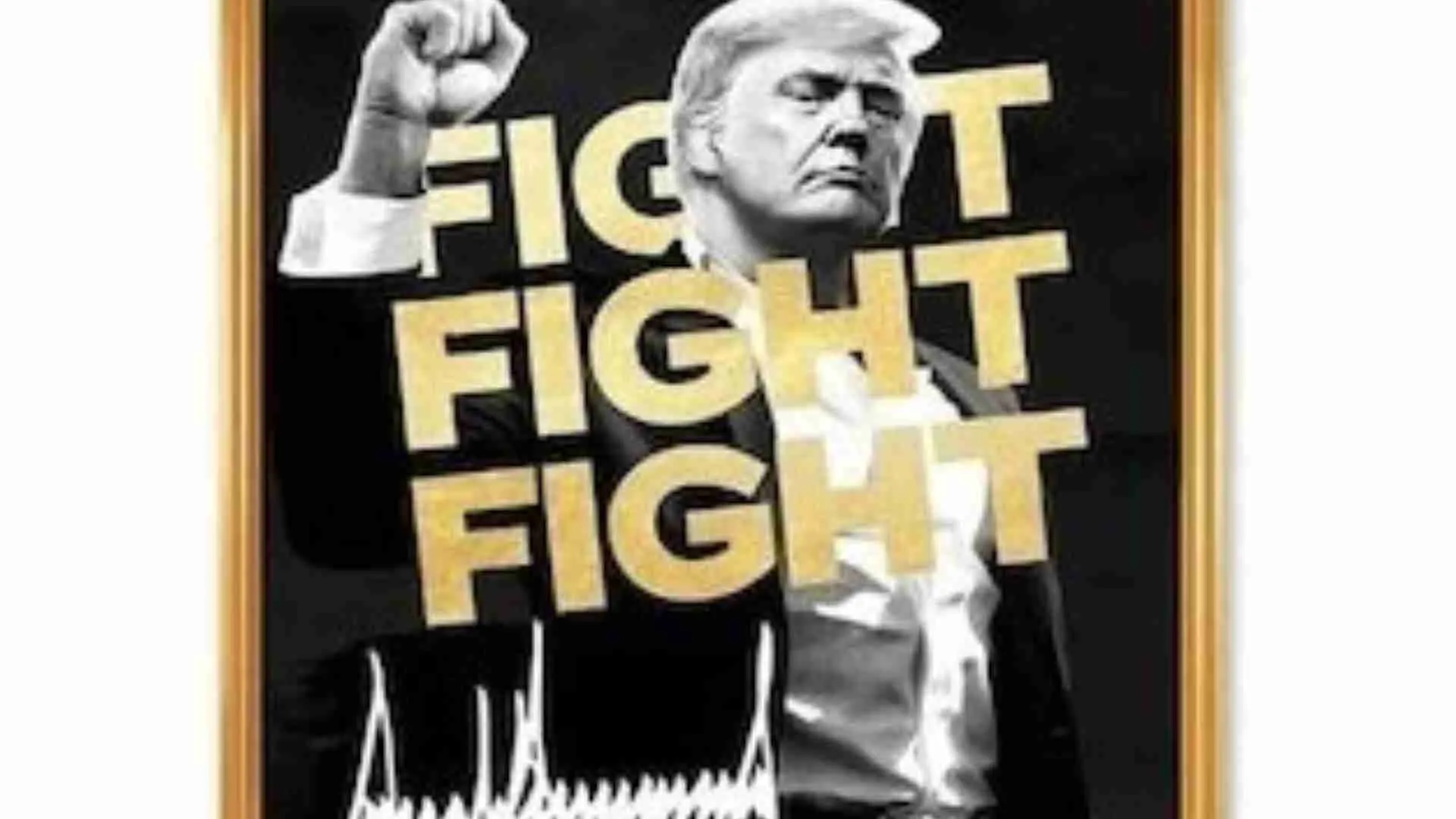Pakistan’s election commission has stated that former Prime Minister Imran Khan is not considered a “prisoner of conscience” but is in jail due to being accused in various cases, including the misuse of a diplomatic cable.
The Election Commission of Pakistan (ECP) responded to remarks made by Khan’s Pakistan Tehreek-e-Insaf (PTI) party in its 24-point Charter of Demand ahead of the country’s general elections on February 8.
In the charter sent to the ECP on November 6 by PTI’s Secretary General Omar Ayub Khan, Imran Khan, who is also the Chairman of the party, was described as a “prisoner of conscience.” The party claimed victimization and persecution as a political entity. However, the ECP dismissed these charges, stating that it has no role in the alleged victimization, as reported by The Express Tribune newspaper.
The ECP, in its response to the charter on November 22, clarified, “Former PM and Chairman Imran Khan is in jail in different cases, including [the] cipher case.” The term “prisoner of conscience” refers to an individual imprisoned for holding political or religious views not tolerated in their residing state.
Imran Khan, a cricketer-turned-politician, has been held in the high-security Adiala jail in Rawalpindi since September 26 on various charges. The ECP reiterated its “no-role” statement in response to PTI’s claim that its leaders were coerced into giving interviews and statements against the party. The ECP stated it could not prevent any political leader from joining or leaving any party.
Addressing PTI’s claim of not receiving a level-playing field, the ECP mentioned it had issued directions to all caretaker governments to provide a fair playing field to all parties. Responding to PTI’s observation that the general elections were not occurring within the constitutionally stipulated 90-day period, the ECP explained that the Supreme Court had deliberated on the matter, and the election date of February 8, 2024, was set in consultation with the president per the court’s order.
In response to PTI’s allegation of pre-poll rigging by caretaker governments against the party, the ECP reiterated it had issued directions and urged the PTI to present specific and concrete proposals or evidence supporting its claims. The PTI had requested the ECP to instruct relevant authorities to allow the party to conduct political meetings, to which the ECP assured that all political parties would be provided a level-playing field during the forthcoming elections.
Without directly naming Pakistan Muslim League-Nawaz (PML-N) supreme leader Nawaz Sharif, PTI objected to a convicted and absconding prisoner receiving unprecedented protocol and permission to hold public meetings. The ECP confirmed that the issue would be addressed.
Regarding PTI’s request for the Pakistan Electronic Media Regulatory Authority (PEMRA) to provide equal airtime to Khan and his party compared to PML-N and other parties, the ECP noted that the matter would be taken up with the caretaker federal government. The ECP also stated that the election schedule would be announced after the publication of the final list of constituencies.

